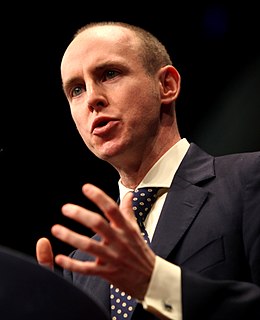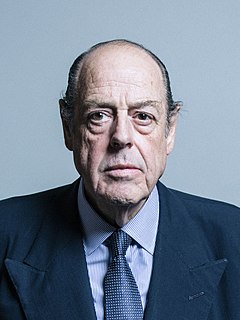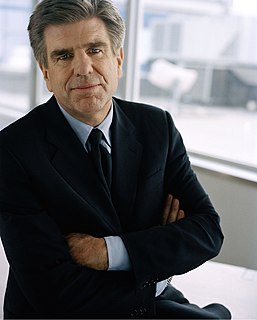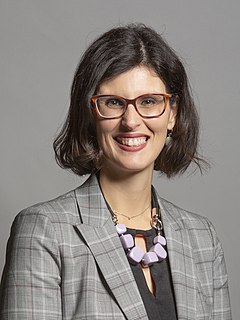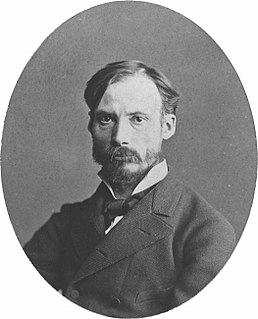A Quote by Daniel Hannan
In my experience, Eurosceptics are likelier to have lived abroad and to have entered fully into other cultures than Euro-enthusiasts, many of whom seem to have latched on to the E.U. as a way of compensating for their poor language skills.
Related Quotes
Swimming has given me a lot. It's given me a respect for people and different cultures around the world when I've been competing abroad. I've learnt many life skills and met so many friends around the world that I might not have had otherwise. I'm focused and driven and I guess swimming has made me that way.
That is a horrible thing in a way, but it is the one thing poets can bring back to experience, this intense focus on language, which activates words as a portal back into experience. It's a mysterious process that's very hard to articulate, because it's focused entirely on the material of language in a way, but in the interests not just of language itself whatever that would mean - that's the mistake, by the way, that so many so-called "experimental" poets make - but in service to human experience.
Poetry is a way of being alone without feeling alone. It allows you to experience another mind, I suppose. And it does that more fully than other art forms, I think. It doesn't simply describe an experience, or a feeling, or a moment: it evokes it through, say, rhythm or tone or diction or metaphor. It creates a mood. A poem communicates before it is understood; it's not a fully paraphrasable form, which distinguishes it from other forms of writing.
I'm sure that growing up in the Midwest played a role in my chronic escapism. In fact, before I lived in France, I lived in Japan, England, and Bulgaria. I was determined to experience other places and cultures, particularly because I had the perception that I'd been cut off from these experiences as a child.
Some feminist critics debate whether we take our meaning and sense of self from language and in that process become phallocentric ourselves, or if there is a use of language that is, or can be, feminine. Some, like myself, think that language is itself neither male nor female; it is creatively expansive enough to be of use to those who have the wit and art to wrest from it their own significance. Even the dread patriarchs have not found a way to 'own' language any more than they have found a way to 'own' earth (though many seem to believe that both are possible).
